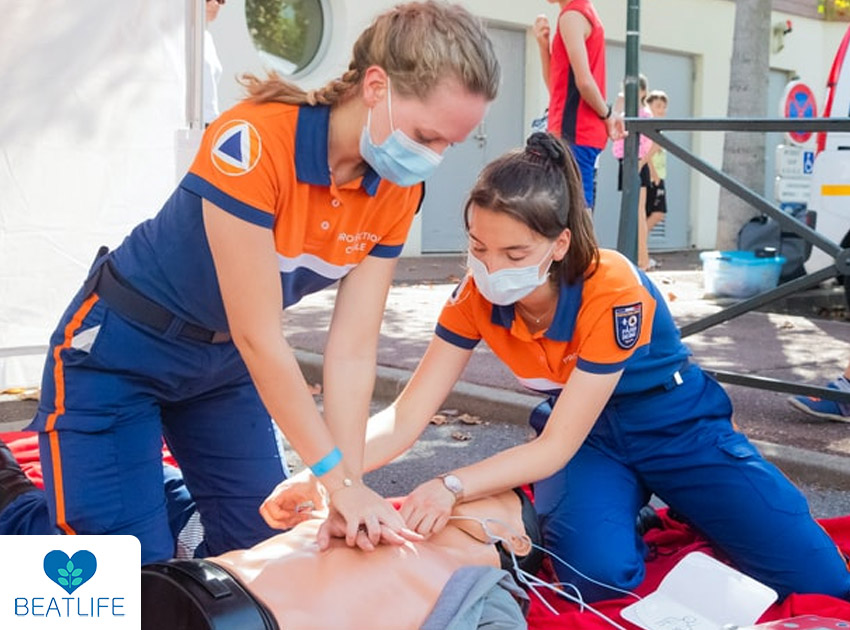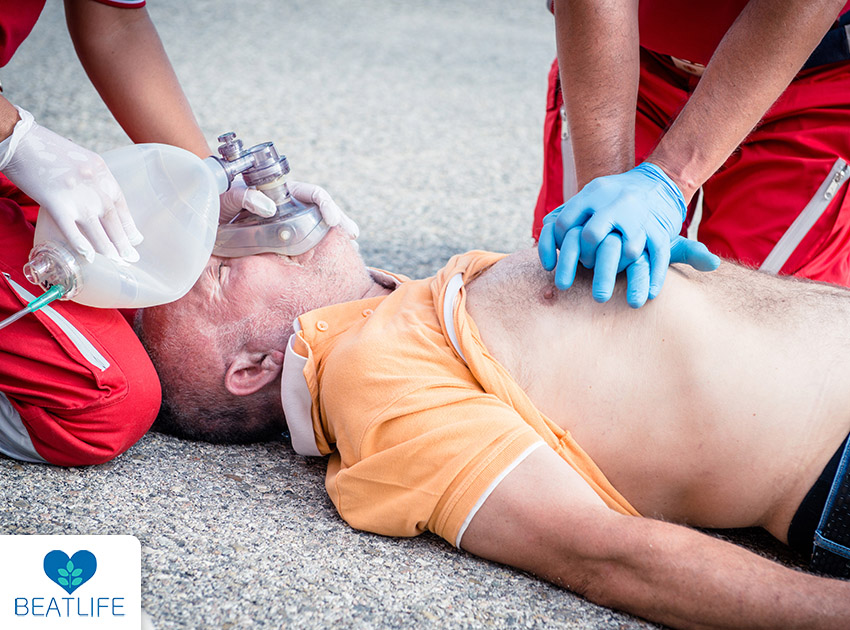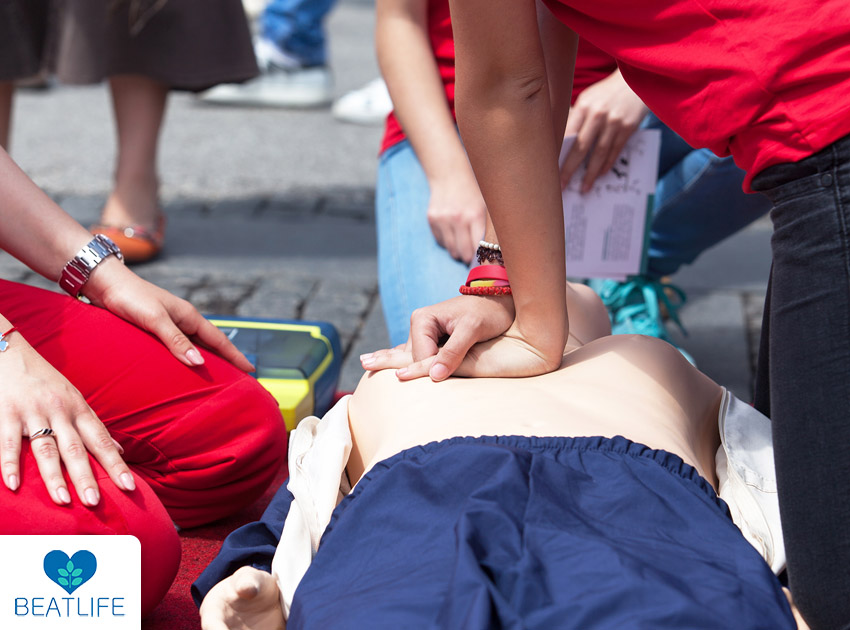Every second matters in the critical moments that follow a cardiac arrest. Not only is it critical to perform CPR quickly to save lives, but it also reduces the possibility of permanent brain damage. With time running out, a crucial question arises: How long CPR before brain damage ? At the center of our investigation is this question, which explores the critical variables and time thresholds that establish the window of opportunity for successful CPR intervention. Recognizing this period of opportunity is crucial to preserving the neurological and cognitive health of the affected person as well as saving their life. Come along for the journey as we walk you through the crucial CPR moments when every second counts and could mean the difference between life and permanent brain damage.
Importance of CPR
Cardiopulmonary Resuscitation (CPR) is a vital life-saving skill that is extremely important in emergencies, especially when a person is experiencing a cardiac arrest. Maintaining blood flow and oxygenation when the heart stops beating is the main objective of CPR. The prevention of irreversible harm to essential organs, especially the brain, which is extremely vulnerable to oxygen deprivation, makes this crucial intervention imperative. The ability of CPR to close the gap between the onset of a cardiac emergency and the arrival of advanced medical assistance is what makes it so important. There’s not much time left, and the first few minutes, which are sometimes called the “Golden Minutes,” are crucial. By preserving vital functions until medical help arrives, efficient CPR performed during this short window of time can significantly increase the patient’s chances of survival.
The fact that CPR is accessible to everyone increases its impact. Although it’s a skill perfected by medical professionals, it’s also meant for regular people without a lot of medical training. By guaranteeing that bystanders can act as first responders, this inclusivity can greatly influence how a cardiac emergency turns out. The adaptability of CPR is highlighted by its versatility, which allows it to be applied to a wide range of emergencies, including drownings and heart attacks. By empowering communities with CPR training programs, common people are transformed into potential lifesavers by forming a network of people who can act quickly and effectively. While performing CPR using CPR feedback device like AED or CPRmeter which we produce in the BEATLIFE company can increase the chance of revival significantly.

How long CPR before brain damage: The Golden Minutes
The idea of the “Golden Minutes” is a light of urgency and hope in the high-stakes world of cardiac emergencies. These crucial moments, which usually occur in the first 5 to 10 minutes after a cardiac arrest, are crucial for deciding whether CPR is effective and, as a result, whether brain damage is avoided. The CPR’s maximum effectiveness occurs within this small window. During this time, bystanders who quickly begin CPR can be considered real-life heroes because they intervene just as the heart is about to stop beating. This “golden time” is more than just a theory; it’s a real-life race against time in which people who know CPR emerge as the vital link between life and the looming threat of irreversible harm.
However, as the minutes pass, the once-golden glow dims, highlighting the physiological difficulties that resuscitation efforts face with time. The key to successful CPR is prompt initiation, highlighting the precarious balance between life and possible disaster. The Golden Minutes highlights the need to respond quickly to cardiac emergencies because every second that passes reduces the chance of preventing brain damage. They also highlight the complex temporal dance that characterizes effective CPR.

Duration and Effectiveness
one important aspect in answering the question “How long CPR before brain damage ?” is Determining the precise duration of CPR. The exact amount of time that CPR should be administered before the risk of brain damage increases depends on a number of variables. Research and protocols frequently emphasize how crucial it is to start CPR as soon as possible following a cardiac arrest in order to prevent brain damage. Although there isn’t a set amount of time, it’s generally accepted that the chance of brain damage increases with the length of time that CPR is delayed. Research shows that the chances of successfully resuscitating a victim and minimizing brain damage sharply decrease after about ten minutes without CPR, so action must be taken right away for maximum effectiveness. However, the exact length of time can vary depending on the situation, so starting CPR right away is essential to prevent possible brain damage during cardiac events.

